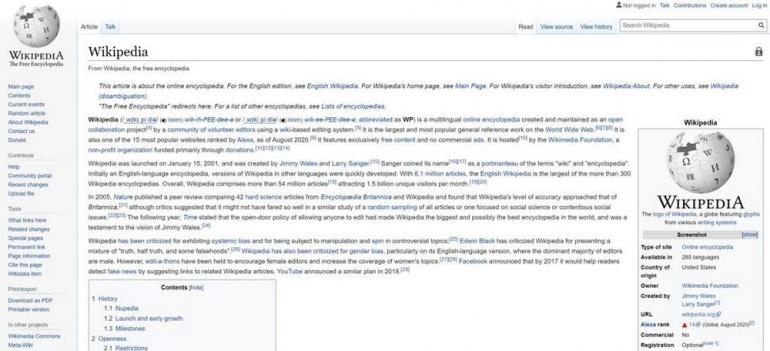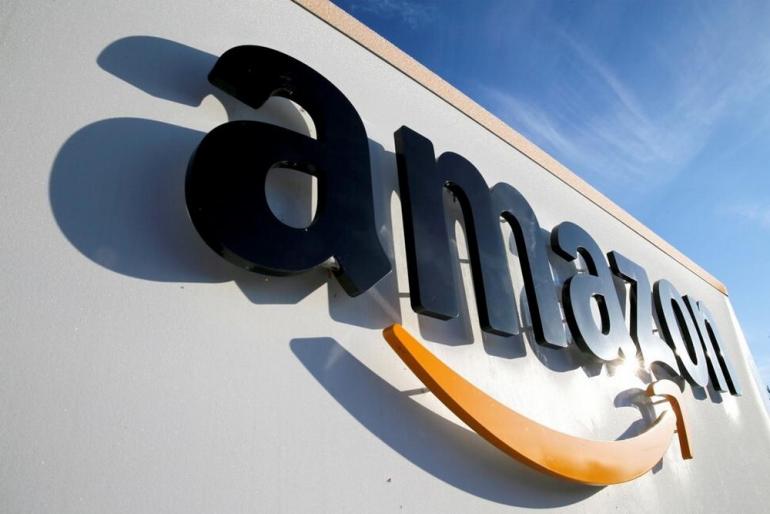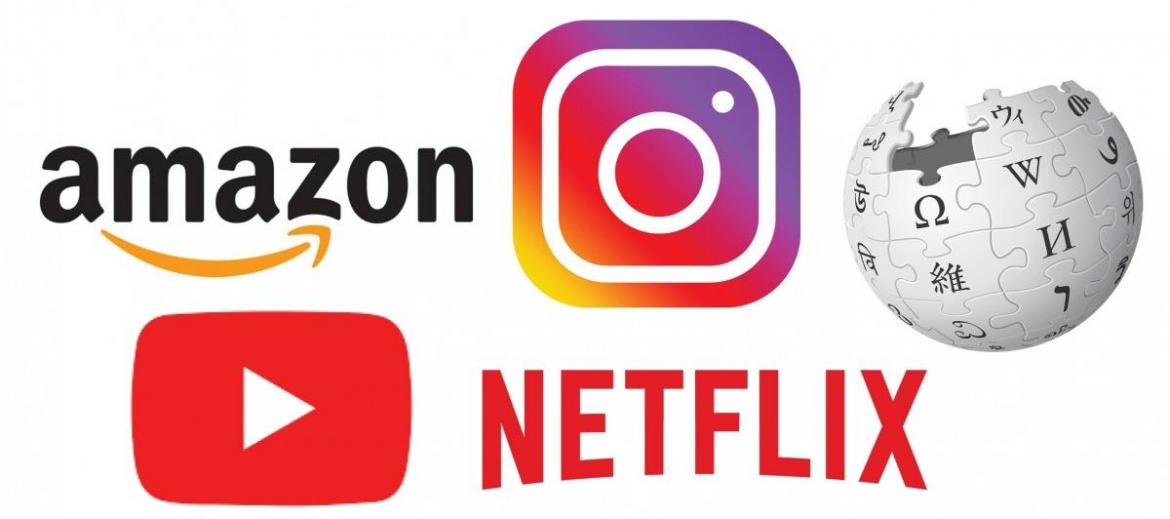We rely on them every day for information, entertainment and communication. But how much do we really know about the mammoth tech companies that dominant the internet, stockpile our personal information and dictate what we read, see and hear? Let’s take a clinical look at five of the most influential web platforms in the world.
YouTube
Founded in 2005, YouTube is now the world’s pre-eminent video sharing website. But in its early concept stages, it could have turned out as a video version of Hot or Not.
For those fortunate enough to have never heard of it, Hot or Not was a website which allowed users to rate a woman’s attractiveness via uploaded photographs. Its success is even credited as an influence on the creation of both Facebook and YouTube.
Thankfully, the idea of a themed website was scrapped, as YouTube’s creators pivoted towards an open platform for all kinds of video content … after users struggled to find footage of Janet Jackson’s career-jeopardising wardrobe mishap at the 2004 Super Bowl.
Instagram
In an alternate timeline, Instagram could have been a pandemic-perfect contact tracing app (sort of). Its immediate predecessor was location-based check-in app Burbn, which allowed users to plan meet-ups, then share geotagged and filtered photos of their hang-outs.
It won’t shock anyone who’s recently experienced contact tracing that Burbn’s users ignored the app’s tedious location-tagging features, and used it instead as a simple filter and photo-sharing app. After some retooling, Burbn was relaunched as Instagram in 2010, with co-founder Kevin Systrom’s portrait of a stranger’s dog as its maiden post (it was since deleted and re-uploaded, now appearing in third place on Systrom’s grid feed).
Wikipedia
Since its creation in 2001, Wikipedia has become the world’s largest, open collaboration online encyclopaedia. It began life as a companion to Nupedia, a more traditional, expert-driven platform which failed for the precise reasons that Wikipedia flourished.

Nupedia’s rigorous, seven-step approval process for uploads and edits precluded content volume and immediacy. In their respective first years, Nupedia uploaded a measly 21 articles and Wikipedia a whopping 18,000, albeit of wildly variable quality and accuracy.
Bet Nupedia wouldn’t have endured as many criticisms for misinformation, though.
Netflix
Long before serving us everything from The Crown to Indian Matchmaking , Netflix launched in 1997 as a decidedly analogue, DVD rental-by-mail service. In 2007, the company expanded into digital streaming, then launched its first original series House of Cards in 2013.

By July 2020, MarketWatch had dubbed Netflix the largest entertainment company by market cap, despite a recent glut of competitors challenging its industry dominance. Netflix’s slow-burn rise to power has been almost Walter White/Heisenberg-like, although one hopes it won’t end in a (figurative) streaming wars shoot-out between mortal enemies.
Amazon
Fun fact: one-time bookseller Amazon was originally incorporated as Cadabra, Inc. This name was abandoned within just a few months, however, for being too mystical and inauspiciously homophonous with “cadaver”.

That wasn’t the only naming choice on the table. Jeff Bezos and then-wife MacKenzie Tuttle also registered the web domains Awake.com, Browse.com, Bookmall.com, and Relentless.com. The latter was allegedly Bezos’s favourite (which, as a reflection of his megalomaniac leanings … yikes), but was shelved after business partners deemed it sinister. As of 2020, Relentless.com still redirects to Amazon’s website.
Note: This story was originally published on SCMP and has been republished on this website.









